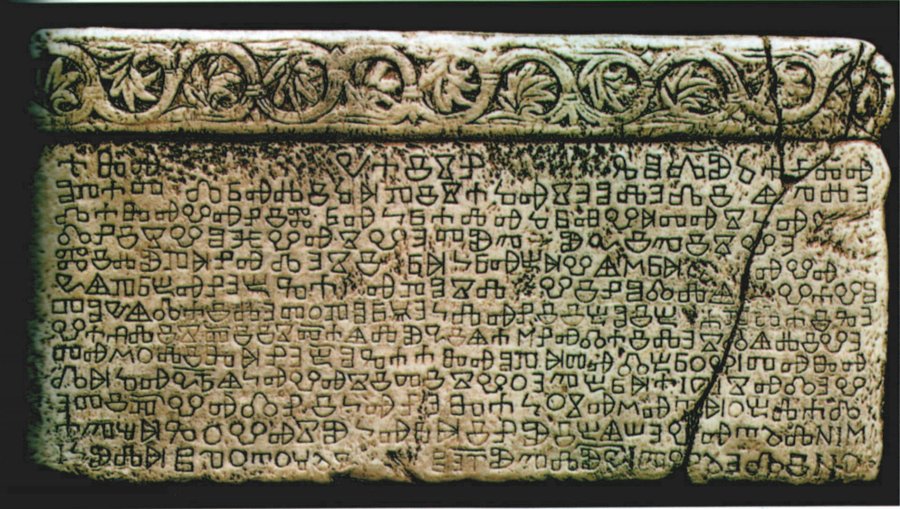Cyril and Methodius
By Erin Naillon
Brothers from Thessaloniki, Greece
Cyril and Methodius were two missionaries, brothers from Thessaloniki, who popularized Christianity among the Slavic peoples. Such was their influence that they are now known as the “Apostles to the Slavs”. In the Czech Republic, July 5 is a national holiday in honor of them.
Their exact years of birth are unknown. Methodius was born anywhere from 815 to 820; Cyril (the youngest of the siblings, who numbered seven) was born in 827 or 828. Cyril had a gift for languages and was fluent in both Hebrew and Arabic. He was sent on more than one religious mission from his base in Constantinople; Methodius remained in the city, active in local politics. He also became the abbot of his monastery. When Cyril returned to Constantinople, he taught philosophy at the university.
The Great Moravian Empire and the Spread of Christianity
862 was the decisive year for the two brothers. It was then that Prince Rastislav of the Great Moravian Empire asked Byzantine Emperor Michael III to send missionaries to help the spread of Christianity in the region. It had already taken root, but Rastislav wanted support from the Byzantine Empire in matters of both religion and politics. The Emperor, eager to have more influence in Europe, decided to send Cyril and Methodius to the region.

Translation of the Bible
In 863, they began the task of translating the Bible into Old Church Slavonic using an alphabet they invented, the Glagolithic alphabet. They didn’t translate the entire Bible, and no one can be sure how much of it they did translate. This was not a popular move among German clerics, who wanted a Latin liturgy to be used. One, in particular, a man named Theotmar who was Bishop of Passau and Archbishop of Salzburg, wanted control over Great Moravia (where Cyril and Methodius were working).
Slavic Liturgy
In the year 867, the brothers were invited to Rome by Pope Nicholas I. They arrived the following year, bringing with them relics of Saint Clement. Nicholas had died in the meantime; the new Pope, Adrian II, was enthusiastic about the work the two were doing in Great Moravia, and authorized the use of a Slavic liturgy, rather than Latin, in the area. Sadly, Cyril died a year later (869), leaving Methodius to carry on the missionary work.
Adrian consecrated Methodius as the new Archbishop of Sirmium, with authority encompassing Great Moravia, Pannonia, and Serbia. His seat, it is thought, was in the city of Nitra, now in Slovakia. This led to a great deal of trouble for the missionary, as his title superseded that of one of his opponents, the Archbishop of Salzburg. Methodius was called before a synod in Regensburg, with King Louis in attendance. He was imprisoned and taken to Germany, where he spent the next two and a half years. When news reached Rome (and the news didn’t travel quickly, in those days), a bishop was sent to Germany to restore Methodius to his prior office and to bring both parties to Rome to account for themselves. Methodius was free and had regained his title, but the use of his liturgy was now banned. The Archbishop ignored the ban and continued with his work. The controversial missionary/cleric is thought to have died on April 8, 885.
The Alphabet
The alphabet he and his brother had invented gradually morphed into one that is still in use, and named for Cyril – the Cyrillic alphabet.





